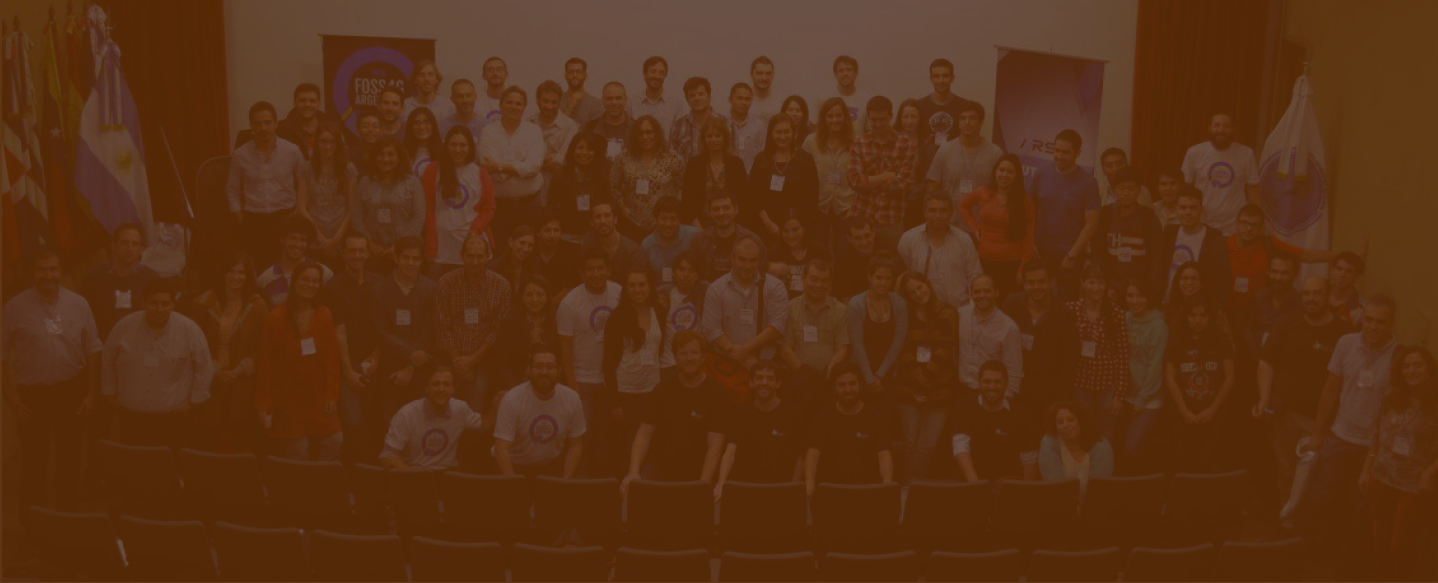2021-09-30, 08:30–09:00, Salta
This is the story of how one QGIS plugin came to be and the lessons we learned along the way. The Literature Mapper QGIS Plugin was created to fill a need: academic journal articles are often about a specific location (this is common in fields such as ecology, archaeology, and history), but there was no method for connecting location data to a citation manager. We built the tool we needed from the idea stage (a paper map hand annotated in pencil), to prototype, to freely available code in the QGIS Plugin repository, to a tool that is steadily gaining users. In this talk, we will describe our experience developing the Literature Mapper QGIS plugin – all the ups and downs – to explain the process and encourage more people to try making their own plugin.
Michele Tobias and Alex Mandel both hold PhDs in Geography and have worked in the geospatial field for 20 years, mainly working with open source tools. Both are active members of OSGeo. This goal of this talk is not only to give people practical skills and advice, but also to offer encouragement to folks who just need a little boost to try something new.
Tobias, Michele (1)
Mandel, Alex (2)
(1) University of California, Davis - UC Davis DataLab
(2) Development Seed
Documentation: http://micheletobias.github.io/maps/LiteratureMapper.html
Repository: https://github.com/MicheleTobias/LiteratureMapper
Academic Publication: https://journals.sagepub.com/doi/full/10.1177/11786221211009209
Software
Topic –Data collection, data sharing, data science, open data, big data, data exploitation platforms
Level –2 - Basic. General basic knowledge is required.
Language of the Presentation –English
Michele Tobias is a biogeomorphologist with a background in geospatial methods. She earned her Geography PhD from UC Davis studying California’s beach ecosystem with a mix of phytosociological methods and innovative remote sensing tools. Michele’s research interests include applying spatial analysis methods to new avenues of research.

